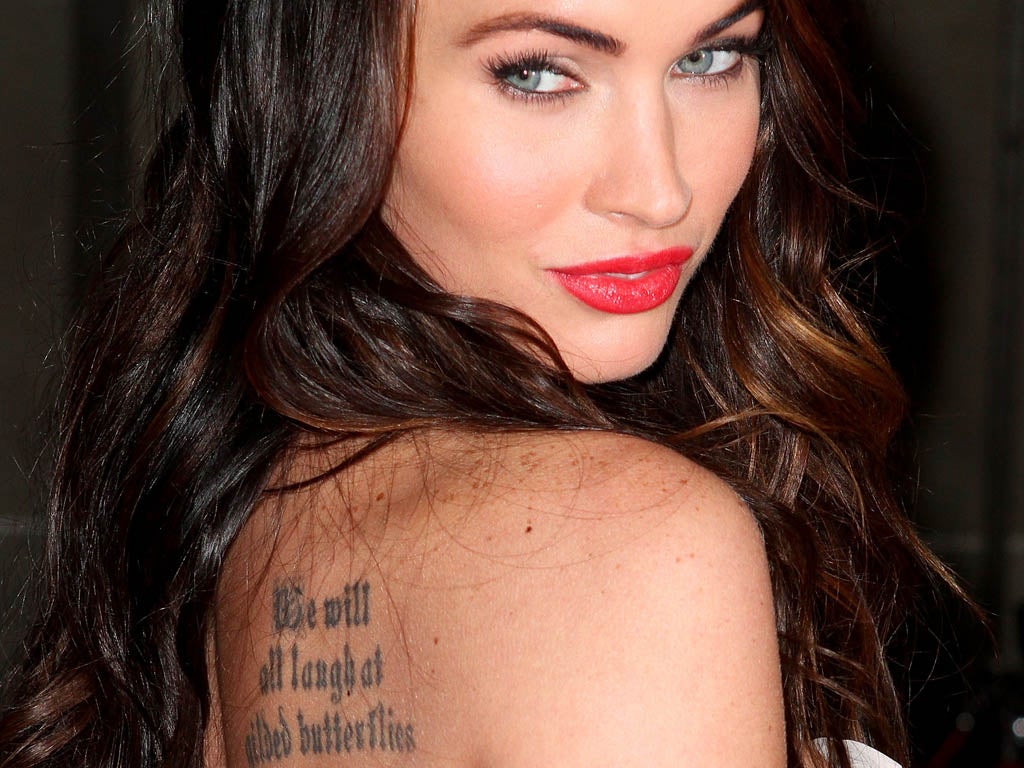As Facebook users dropped by over 600,000 in December - have we shared too much on social media?
Twitter, Facebook, Instagram - their success lies in our willingness to over-share

Your support helps us to tell the story
In my reporting on women's reproductive rights, I've witnessed the critical role that independent journalism plays in protecting freedoms and informing the public.
Your support allows us to keep these vital issues in the spotlight. Without your help, we wouldn't be able to fight for truth and justice.
Every contribution ensures that we can continue to report on the stories that impact lives

Kelly Rissman
US News Reporter
My flat buzzer screeched me into consciousness this morning, an hour before I needed to be, when I really could have done with the sleep.
The caller insistently buzzed until I thought something serious was up and I let them in. Upon discovering it was a charity chugger wanting me to take a questionnaire, I was unamused. And awake.
Scrabbling round for a way to convey my irritation, I quickly tried to reduce this encounter into a pithy, witty 130-character zinger on Twitter. And then I realised: I didn’t have to tell anyone. Because no one would care. Not even my mother. Who on earth needs to know the way I woke up this morning? And why did I feel the need to tell?
Currently, over half of the UK population has a Facebook
account, and around one in six has signed up to Twitter. Millions of us are now informing friends, colleagues, and complete unknowns about the uncompelling minutiae of their daily lives, without ever having to actually speak to anyone. I suspect for many, scrolling, glassy-eyed, down a constantly updating Twitter feed of inanities ate up a significant chunk of 2012.
It’s not just Twitter and Facebook that pander to over sharing. Photo-sharing app Instagram also offers the chance to make others see you through an online prism of your own making, this time through a choice of ten different photo filters. I had always avoided posting pictures on it, but an urge kicked in when my boyfriend recently went away for a month. With the family that would normally have to listen my mental flotsam miles away, and without making more effort to go and see friends in person, I started posting pictures. Of my breakfast. Of my new hairdo. Of a skyline I thought was nice. In the absence of talking, I started online over-sharing with my friends and followers instead. (Such a flattering word, ‘followers’; it makes you sound a bit like Jesus on the Mount).
And yet, as part of the first wave of users – the university students that are now young professionals – I’m starting to grow weary, and wary. Social media is now such an essential part of the success strategies of big business that they’ve lost their freewheeling, youthful feel that made them so exciting to use in the first place. When Twitter and Facebook are used to profile voters to create targeted marketing in political campaigns, as both Obama and Romney did in the 2012 elections, you realise that sharing personal anecdotes online isn’t quite as uncomplicated as the chief executives are at pains to make it seem.
The number of UK Facebook users dropped by over 600,000 in December, according to social media monitor Socialbakers. This may be partly reflective of an expected drop over the festive period, but it will be interesting to see whether this trend continues in our increasingly social media-saturated nation in 2013.
Another turn off for the early adopters: as Facebook, Twitter and Instagram graduate from code invented in Harvard student bedrooms and San Francisco startups, to publicly-listed corporations, their privacy policies become increasingly opaque. Changes to social media privacy agreements come thick and fast these days. From being able to control the privacy settings a few years back, and understand what personal information is visible to others and what is not, I now don’t have a clue. But people are getting savvier: in December, Instagram announced its intention to sell users’ images seemingly without notification and for its own profit. The backlash from avid user Kim Kardashian (in an unexpected turn as a privacy rights campaigner), and the ensuing public revolt, forced its management to issue a hasty retraction of the policy.
Only Kim was back on the site posting snaps a few days later. Prolific celebrity Twitter users such as Stephen Fry, Miley Cyrus and Lily Allen periodically quit, or threaten to, and then invariably a few weeks later they’re back for more. Last week Megan Fox was the latest to desert, having joined only five days previously. She asked the fundamental question that puzzles most people when first introduced to Twitter: “Five days on Twitter and I have yet to discern its purpose. What is the point?”
Let’s see if Fox can hold her nerve, as people rarely seem to be able to abandon social media completely. While inscribing banalities on walls is a human instinct as old as time – see Graffiti from Pompeii for evidence – we do seem to be living in an age where the urge to tell all, in a manner more visible and more public than ever before, is endemic. Despite the growing concerns about privacy and data usage, I don’t believe we’ll see a reduction in our use of social media to communicate anytime soon. Users now talk about having a ‘Facebook detox’, going on a ‘Twitter holiday’. The thing with detoxes is, they’re short-term respites from long-term habits. My guess is that social media, as the newest outlet for our age-old need to show and tell, is here to stay. I’ve just started reading the terms and conditions a bit more closely these days.
Click here for the top 10 stories where we shouldn't have shared
Join our commenting forum
Join thought-provoking conversations, follow other Independent readers and see their replies
Comments